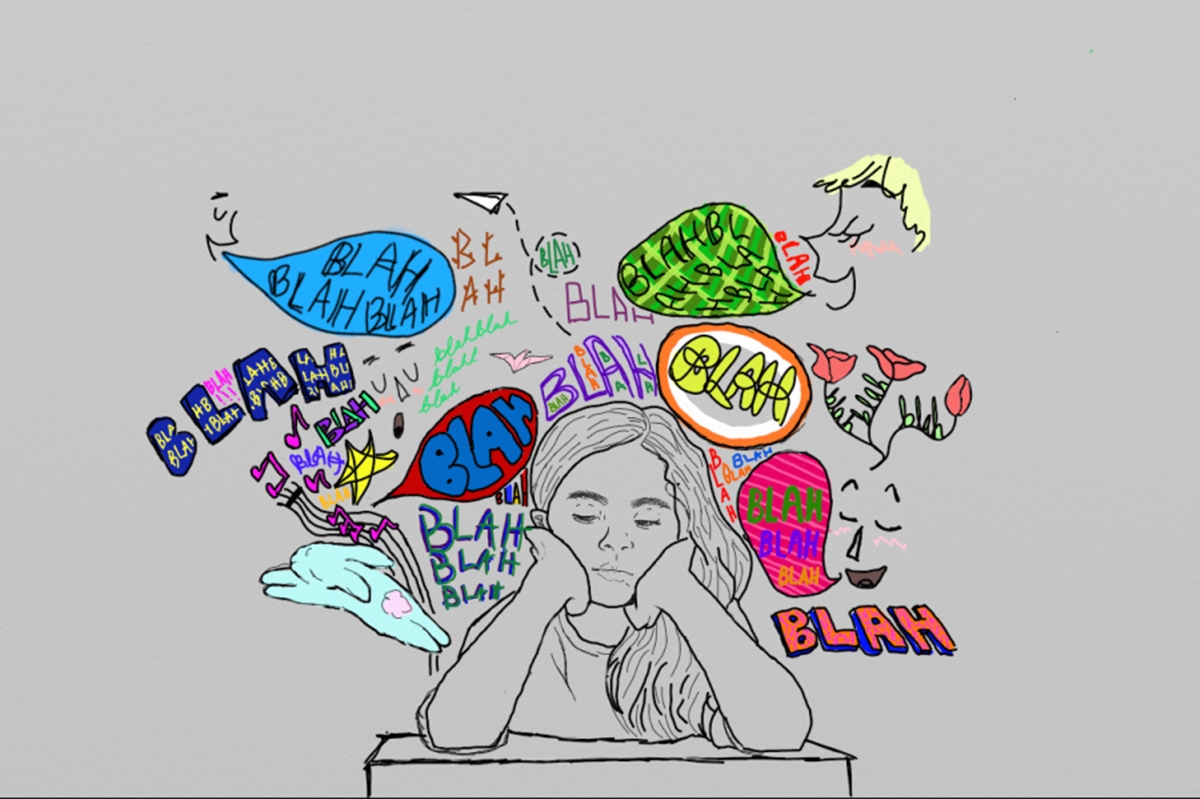‘The primal question of any marriage, what are you thinking? /How are we feeling?/What have we done to each other?” …
Login to Read!
This content is restricted to site members. If you are an existing user, please log in below. Or you can can create an account here.
